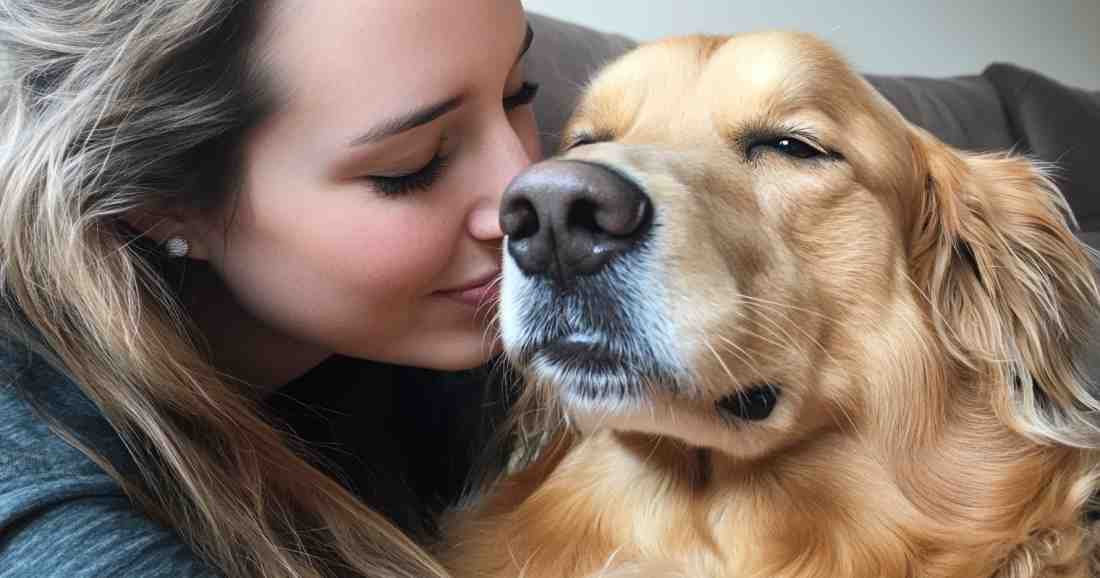
Is My Dog Obsessed with Me Quiz, Find Out If Your Dog Is Overly Attached Dogs form strong bonds with their owners, but some take their love and loyalty to an extreme level. The Is My Dog Obsessed with Me Quiz will help you determine whether your dog’s attachment is normal or if they may be overly dependent. While a strong bond is a sign of trust and affection, excessive attachment can lead to separation anxiety and other behavioral issues.
A dog that is overly attached may exhibit behaviors that go beyond normal affection. If your dog follows you everywhere, becomes distressed when you leave, or constantly demands attention, they may be more dependent than the average pet.
- Follows you from room to room, never letting you out of their sight.
- Whines, barks, or paces when you leave the house.
- Constantly seeks physical contact, even in situations where it is inconvenient.
- Becomes anxious or destructive when left alone.
- Ignores other dogs and people, focusing solely on you.
- Reacts negatively when you give attention to another pet or person.
- Always wants to sleep in your bed or as close to you as possible.
Is Your Dog’s Attachment Healthy?
Dogs are naturally social animals, but a healthy relationship includes independence and confidence. A well-balanced dog should be comfortable spending time alone, engaging with other people and pets, and adapting to different environments.
Some breeds are more prone to strong attachments, including Labrador Retrievers, German Shepherds, Border Collies, and Cavalier King Charles Spaniels. Dogs that have been rescued or rehomed may also develop a deep attachment to their new owners due to past trauma or insecurity.
What Causes a Dog to Be Overly Attached?
Several factors can contribute to excessive attachment in dogs:
- Separation Anxiety – Dogs that struggle with being alone often develop obsessive behaviors.
- Early Socialization and Training – Puppies that were never taught independence may become overly clingy.
- Owner Behavior – Constantly carrying, cuddling, or reinforcing needy behavior can encourage attachment.
- Breed Traits – Some dogs are naturally more people-oriented and prefer constant companionship.
- Past Trauma – Rescue dogs or those with abandonment issues may fear being left alone.
How to Help an Overly Attached Dog
If your dog’s obsession with you is causing stress or separation anxiety, there are steps you can take to encourage independence:
- Encourage Alone Time – Give your dog a safe space where they can relax without constant human interaction.
- Use Positive Reinforcement – Reward independent behavior with treats and praise.
- Provide Mental Stimulation – Puzzle toys, chews, and interactive activities can help keep your dog occupied.
- Practice Short Absences – Gradually increase the time you spend away to build their confidence.
- Avoid Reinforcing Clingy Behavior – Reward calm, independent moments instead of responding to excessive attention-seeking.
Fun Facts About Clingy Dogs
- Some breeds are naturally more attached than others, with Velcro dogs like Golden Retrievers and Poodles thriving on human companionship.
- Dogs can develop attachment behaviors based on their owner’s schedule, becoming more clingy if they sense a routine change.
- Research shows that dogs release oxytocin (the love hormone) when they look at their owners, strengthening their bond.
- Many dogs prefer to sleep close to their owners because of instinctual pack behavior.
- Some dogs bring their favorite toy to their owner as a way of seeking attention and approval.
Take the Is My Dog Obsessed with Me Quiz Now
Curious if your dog’s attachment is normal or a sign of something more serious? The Is My Dog Obsessed with Me Quiz will help you understand your dog’s behavior and whether their bond with you is healthy. Take the quiz now to find out just how obsessed your dog really is.
